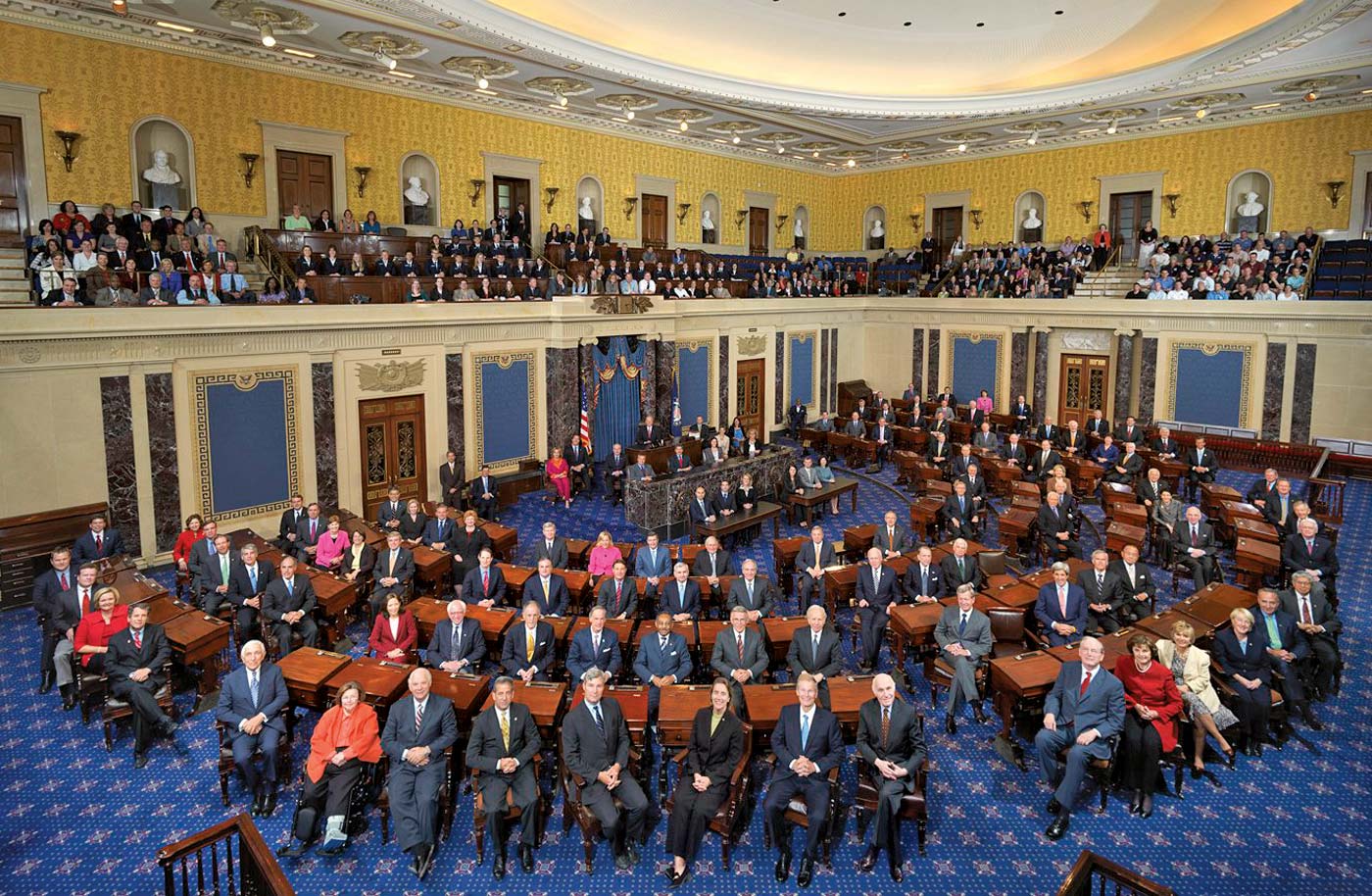With all the
overheated rhetoric coming from some Republican presidential candidates about how Muslims in America should be treated, one cannot help but think back to some of the darker episodes of American history where fear overran reason. Perhaps no other episode sticks out more than the internment of Japanese-Americans in the aftermath of the attacks on Pearl Harbor. While the internment was bad enough, the fact that the Supreme Court went along with such a policy is even more shameful, at least in retrospect.
Writing for the Court in the (in)famous Korematsu case, Justice Black said:
"It should be noted, to begin with, that all legal restrictions which
curtail the civil rights of a single racial group are immediately
suspect. That is not to say that all such restrictions are
unconstitutional. It is to say that courts must subject them to the most
rigid scrutiny. Pressing public necessity may sometimes justify the
existence of such restrictions; racial antagonism never can,"
For Black and the majority, the idea that there could be Japanese spies circulating among the populace in the immediate aftermath of a Japanese attack was sufficient justification to round up over 120,000 people and place them into camps. The case is still good law today, never having been overturned by the U.S. Supreme Court, and
has actually been cited by a few American politicians as precedent for the idea of rounding up recent refugees from Syria.
Students who are interested in learning more about the Korematsu case and how it relates to Syrian refugees are encouraged to check
out a recent post over at the Constitutional Daily Blog as well as
a recent article by Matt Ford of the Atlantic.






















